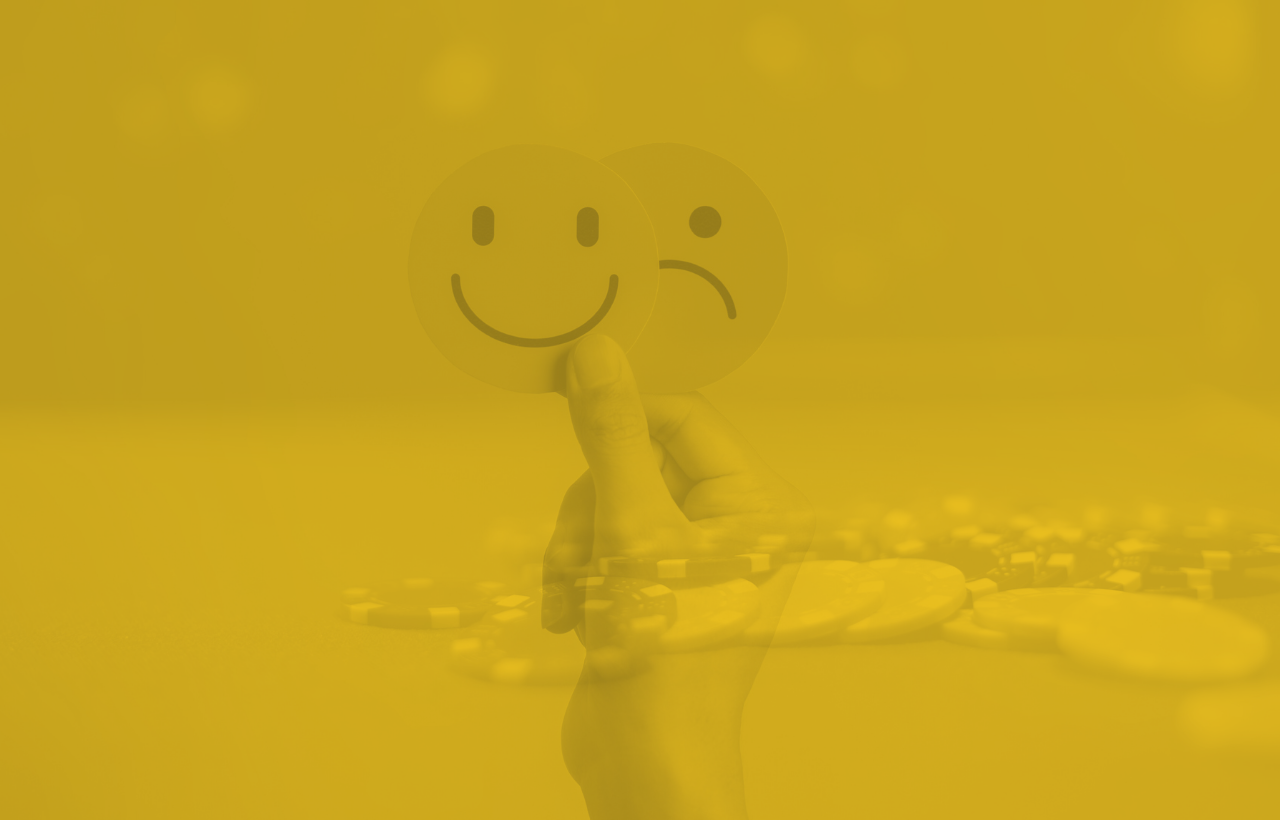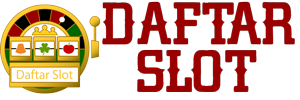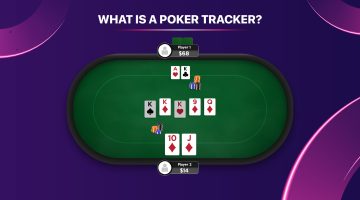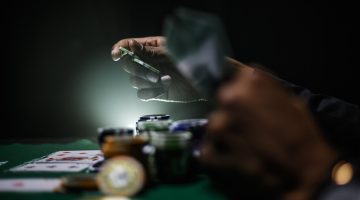
Mental Wellness and Stress Management for Professional Poker Players
The felt table. The glare of the lights. The weight of a tournament buy-in on your shoulders. For a professional poker player, the game isn’t just about the cards you’re dealt; it’s about how you handle the immense, unrelenting pressure that comes with the territory. Your mind is your most valuable asset, and just like any high-performance tool, it requires meticulous care and maintenance.
Let’s be honest, the lifestyle can be brutal. The swings—both financial and emotional—are enough to rattle even the most stoic individual. That’s why mastering mental wellness and stress management isn’t some soft skill; it’s a core component of a winning strategy. It’s the difference between going on tilt and going the distance.
The High-Stakes Mind: Why Poker is a Mental Marathon
You can’t talk about stress management for poker pros without first understanding the unique psychological toll of the job. It’s a weird mix of intense concentration, prolonged isolation, and wild variance that you have zero control over. You can make all the right moves and still lose. Again and again. That messes with your head.
Common triggers include:
- Financial Pressure: When your hobby becomes your livelihood, every pot matters. The stress of making a living from a game of incomplete information is immense.
- Variance and Downswings: A brutal, seemingly endless downswing can make you doubt your entire skill set. It’s a special kind of hell.
- Lifestyle Factors: Irregular sleep schedules, long hours seated, travel fatigue, and maybe too much caffeine or junk food. Sound familiar?
- Isolation: Despite being surrounded by people, playing professionally can be a incredibly lonely pursuit.
Building Your Mental Fortitude: Essential Strategies
Okay, so we know the problems. The real skill is in building a toolkit to solve them. Think of this as your pre-flop strategy for mental wellness.
1. Mindfulness and Meditation: The Ultimate Focus Tool
I know, I know. It sounds like something for yoga instructors, not grinders. But hear me out. Mindfulness is simply practicing awareness of the present moment without judgment. For a poker player, that’s pure gold.
When you feel a bad beat stirring up anger, a quick mindfulness exercise can stop the emotion from hijacking your next decision. It’s about observing the feeling—”I am feeling angry”—rather than becoming it. Just 10 minutes a day of a guided app like Calm or Headspace can seriously sharpen your focus and emotional regulation at the tables.
2. The Unbreakable Routine: Your Anchor in the Chaos
Variance is chaos. Your routine is order. Implementing a strong pre-game and post-game routine for poker mental health creates stability. It signals to your brain when it’s time to work and, just as importantly, when it’s time to shut down.
Your routine might include a healthy meal, some light stretching, reviewing hand histories, and a 5-minute meditation before playing. After your session, a “shutdown ritual” like journaling about your play (focusing on decisions, not results) helps you decompress and leave the stress of the game behind.
3. Physical Health is Mental Health
You can’t have a clear mind in a sluggish body. The connection is undeniable. Regular exercise, even a brisk 30-minute walk, is a powerful stress reliever. It burns off cortisol (the stress hormone) and releases endorphins.
Nutrition matters too. Fueling your brain with junk food during a long session is like putting low-grade fuel in a race car. You’ll sputter and stall. Hydration is another ridiculously simple yet often overlooked aspect of maintaining focus during long poker sessions.
Recognizing and Preventing Tilt
Ah, tilt. The infamous state of emotional frustration that leads to poor decisions. It’s the dream killer. Everyone goes on tilt; the pros are just better at recognizing it early and having a plan to stop it.
| Type of Tilt | What It Looks Like | Quick Fix |
| Anger Tilt | Fuming after a bad beat, playing recklessly to “get back” at the table. | Stand up. Walk away. Take five deep breaths. Get a glass of water. |
| Hope Tilt | Calling bets with hopeless hands, just wishing for a miracle card. | Ask yourself: “Is this a mathematically sound call?” |
| Winner Tilt | Overconfidence after a big win, playing too many hands, ignoring fundamentals. | Re-center. Remind yourself that variance giveth and variance taketh away. |
You Are Not an Island: The Power of Community
This might be the most important point. Talking about your struggles is not a sign of weakness. In fact, it’s a strategic move. Finding a community of fellow players—a study group, a forum, a coach—creates a support system. They get it. They understand the unique frustrations of the game.
Venting about a bad beat to someone who actually understands the context is incredibly therapeutic. It normalizes your experience and prevents you from bottling up stress, which always, always finds a way to leak out at the worst possible moment.
Knowing When to Step Away
This is the final, master-level skill. The ability to honestly assess your mental state and say, “I’m done for the day,” even if you’re stuck, is what separates long-term winners from burnout cases. There is no glory in grinding yourself into the ground.
Set hard stop-loss limits, both financial and emotional. If you find yourself consistently frustrated, tired, or disinterested, take a break. A real break. Not a day, but a week. Or a month. The game will still be there when you come back refreshed, and you’ll likely play better than ever.
Because at the end of the day, poker is a game of decisions. And the quality of your decisions is directly proportional to the quality of your mind. Investing in your mental wellness isn’t a distraction from the game. It is the game.





